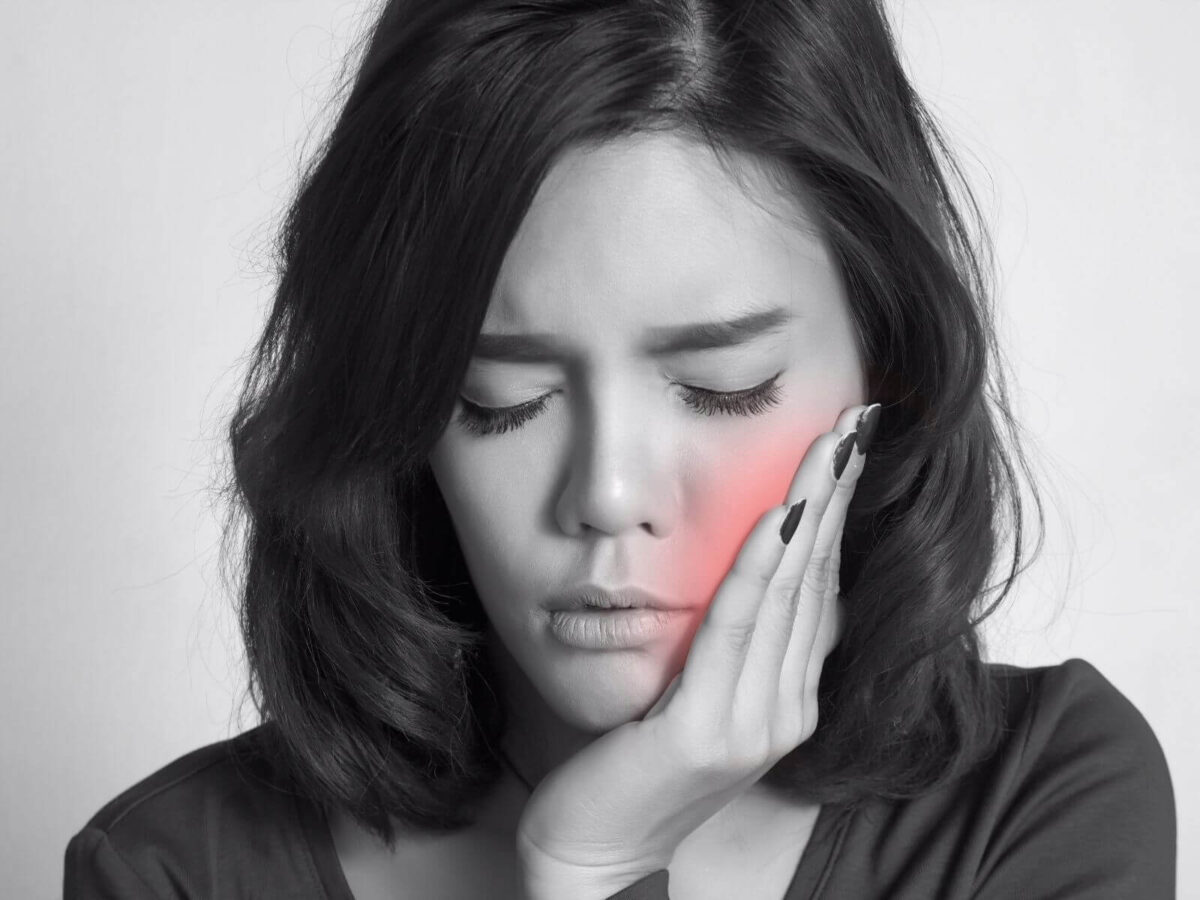Blog
Dental hygiene tips for healthy teeth & gums

Common Causes of Severe Tooth Pain And When To Seek Help
Have you ever experienced a sharp pain in your tooth? You might blame yourself for having a candy or not paying attention to your oral health. But are these the only causes associated with tooth pain? No, there are many other reasons for severe toothache. You might explore these causes and look for the proper remedies. This way, you can improve your oral health.
This article is a great place to start learning about toothache. You can learn about signs associated with tooth pain, its treatment, and the causes of the pain. With practical tips, you can prevent yourself from getting toothache. You can also enjoy better oral hygiene with some prevention tips.
Tooth Pain
A popcorn stuck in your tooth or tooth decay, hundreds of causes might lead to pain in your tooth. Despite many precautions, you might experience this if you do not take better oral hygiene. A sharp pain that stays consistent often disrupts your schedule and needs professional treatment.
Most people might try some home remedies for toothache. Some might need over-the-counter medications for quick relief. However, you need a medical professional to find the root cause of tooth pain. You can find out the reason behind the pain after a dental exam. This is why you need to consult a dentist. The dental expert can determine the pain’s cause.
You might have an underlying condition that needs quick treatment. A bacterial infection or other severe complications might cause throbbing tooth pain. Instead of ignoring the signs, it is better to consult an experienced dentist to resolve the problem thoroughly.
Signs Associated with Tooth Pain
There is not one but many types of pain. You can experience pain along with some other signs. These signs indicate that you might need medical intervention. These symptoms include:
- A dull ache that doesn’t go away.
- Sharp, jabbing tooth pain.
- Throbbing tooth pain.
- Teeth sensitivity.
- Swelling in your gums.
- Headaches.
- Fever.
- Chills.
- Bad breath or bad taste.
Reasons that Lead to Pain In Mouth
Cavities
Toothache due to tooth decay is quite common. Cavities often lead to extreme tooth pain. Bacteria erode your tooth enamel by producing acid. You can experience pain and redness around the area due to cavities.
Dental Abscess
A severe bacterial infection also results in extreme pain. This bacteria is directed towards the gum and roots. You can experience a sharp pain around the teeth.
Gum Diseases
Infection and inflammation of gums also cause tooth pain. It can lead to gingivitis and increased tooth sensitivity. This is why people also experience receding gums due to gum diseases.
Cracked Tooth
A cracked tooth often causes extreme pain. It might get worse when you try to bite down food. You might need immediate medical attention. Otherwise, you will feel throbbing pain while talking or eating.
Loose or Broken Filling
A broken or loose filling can also cause pain in the tooth. It leaves the nerves and sensitive tissue exposed. This can cause pain and infection in the sensitive inner layers of the tooth.
Impacted Wisdom Teeth
Wisdom teeth at an angle might also cause tooth pain. If your wisdom tooth is not fully erupted yet, it might be pressing adjacent teeth. It can cause extreme pain and gum inflammation.
Teeth Grinding
People who tend to clench their teeth often also have toothache. Due to this, tooth enamel wears down. It increases the tooth sensitivity. It leads to excruciating tooth pain, especially at night.
Infection
Infection around tooth pulp can lead to throbbing tooth pain. You might need an immediate doctor’s consultation to stop spreading it to neighboring teeth.
TMJ Disorders
Problems associated with your jaw often lead to tooth pain. The temporomandibular joint might get affected, and then it needs immediate medical intervention. Toothache is a common symptom of TMJ disorders.
Home Remedies For Tooth Pain
There is no better way to treat tooth pain than visiting a dental expert. The dentist can examine the root cause of the problem. This way, they can start the exact treatment for the problem. However, if you need a first aid solution to toothache, you can try out saltwater rinses.
Saltwater Rinses
You need to mix half a teaspoon of salt with 8 ounces of water. You must then swish it for 30 seconds in your mouth. Now you can spit it out. You will feel instant relief from toothache.
Ice Packs
You can apply ice to the infected area. It will shrink the blood vessels and help with pain and inflammation. You can hold an icepack outside your jaw for a few minutes to numb the infected area.
Hydrogen Peroxide
If you have bleeding gums, this is a great solution. You need a diluted solution of hydrogen peroxide with an equal part of water. Now swish it and spit it out. You must not swallow this solution. It can also prevent inflammation and infection.
Conclusion
Toothache is a common problem. You might experience it once every few months. While it is not necessary that you might have some serious oral problem. But there is always a possibility. This is why you must maintain your oral health. Proper oral care can minimize the risk of cavities or decay.
You can visit our experts at Lytle Dentist to manage your pain signs. You can also consult dental experts about pain. You can also learn some quick tips for toothache management. You must ensure your oral health is never compromised.


